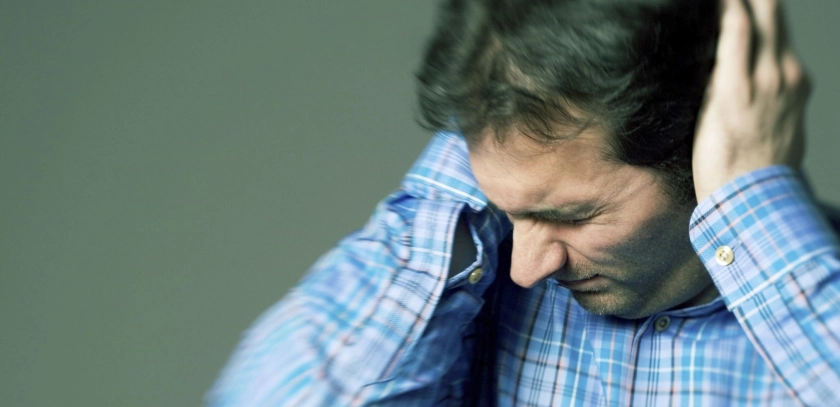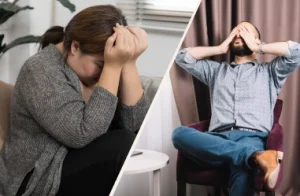
Understanding Social Anxiety Disorder: Not Just Social Introversion

In today’s hyperconnected world, where social interactions play a significant role, it is crucial to recognize and understand social anxiety disorder—a condition that affects millions of people worldwide. Social anxiety disorder, often misunderstood as shyness or introversion, goes beyond mere discomfort in social situations. This blog post aims to shed light on this debilitating condition, providing insights into its causes, symptoms, and available treatment options.
What is Social Anxiety Disorder?
Social anxiety disorder, also known as social phobia, is an intense fear of being judged, rejected, or humiliated in social situations. These fears can be so overwhelming that individuals may avoid or endure such situations with extreme distress. It is important to differentiate social anxiety disorder from occasional nervousness, as the latter is a normal response to unfamiliar environments while social anxiety disorder is a persistent and irrational fear that significantly interferes with daily life.
What Does Social Anxiety Disorder Look Like?
a) Physical symptoms: Racing heart, sweating, trembling, shortness of breath, nausea, dizziness, and tension headaches.
b) Emotional symptoms: Intense fear, persistent worry about being embarrassed, excessive self-consciousness, low self-esteem, and fear of judgment and criticism.
c) Behavioral symptoms: Avoidance of social situations, difficulty speaking in public, excessive reliance on safety behaviors (e.g., avoiding eye contact, hiding behind objects), and social withdrawal.
Can I Develop Social Anxiety Disorder?
Social anxiety disorder arises from a complex interplay of genetic, environmental, and neurobiological factors. While the exact causes remain unknown, several contributing factors have been identified:
a) Genetics: A family history of anxiety disorders or other mental health conditions may increase the susceptibility to social anxiety disorder.
b) Brain Structure and Chemistry: Certain brain regions responsible for fear and anxiety regulation, such as the amygdala, may function differently in individuals with social anxiety disorder.
c) Childhood Trauma: Experiences of bullying, humiliation, or rejection during childhood can increase the risk of developing social anxiety disorder later in life.
d) Learned Behavior: Observing anxious behavior or being excessively criticized in social situations can also contribute to the development of social anxiety disorder.
Breaking Free: Treatment Options
a) Psychotherapy: Cognitive-behavioral therapy (CBT) is widely recognized as an effective treatment for social anxiety disorder. It helps individuals identify and challenge negative thought patterns, develop coping strategies, and gradually face feared situations.
b) Medication: In some cases, selective serotonin reuptake inhibitors (SSRIs) or other anti-anxiety medications may be prescribed to alleviate symptoms.
c) Support Groups: Participating in support groups or finding a safe and understanding community can help individuals share experiences, build self-confidence, and learn from others who have faced similar challenges.
The Importance of Understanding and Empathy
To create a supportive and inclusive society, it is crucial to raise awareness about social anxiety disorder. Understanding the challenges faced by individuals with social anxiety disorder helps foster empathy and reduce stigma. By creating an environment that promotes open dialogue and acceptance, we can empower those affected to seek help and lead fulfilling lives.
Social anxiety disorder is a prevalent mental health condition that often goes unrecognized or misunderstood. By increasing awareness and facilitating open conversations, we can create a compassionate society that supports individuals with social anxiety disorder. Remember, seeking professional help is the first step towards breaking free from the chains of social anxiety disorder and embracing a life full of possibilities.



